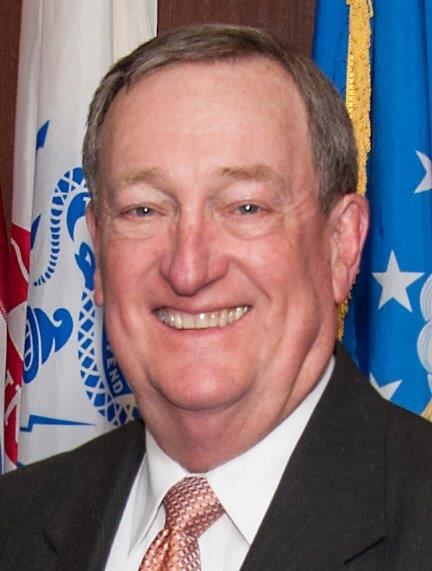I want to thank Gen. Ray Odierno for the concern he showed for the Army National Guard during his testimony recently before the Senate Appropriations Committee.
I also want to tell the Army chief of staff that his concern is misplaced.
In discussing the budget that will require some hefty cuts to the size of the force he leads, General Odierno told the senators that a smaller active-component Army would put a strain on the reserve component, both the Army Guard and Army Reserve.
Contingencies longer than six months, he told the panel, would require significant demand from the reserve forces. The general worries about how this would affect the men and women who serve in the Guard and Reserve.
As a person who joined the Tennessee Army Guard in 1962 and retired from it more than 45 years later, I appreciate that he is thinking of us. I really do. We sometimes wonder if Army leadership thinks of us often enough.
But we'll be fine.
The budget as it stands would shrink the active component to 450,000 by 2018 and take 8,000 soldiers from the Guard. I share the general's anxiety about this and NGAUS is working hard in Congress to reverse the budget reality that is driving those cuts.
Like the Army chief, NGAUS believes the end-strength reductions will adversely impact military readiness and, therefore, weaken our national security in a bewildering and dangerous world. We've said time and time again that Congress should do its job and end the automatic cuts required by the Budget Control Act. Lawmakers are using sequestration as an excuse to shirk their duty.
That's something the Army Guard has never done. The Army Guard, as well as the Air National Guard, has answered every call, not just since 9/11 but in its long history of nearly 400 years.

Retired Maj. Gen. Gus Hargett
Photo Credit: Courtesy photo
The general is worrying about a force that has never been stronger, never been better trained, never been more adequately equipped and never had its ranks filled with Americans more willing to answer when the nation does call.
Nearly two years ago, Gen. Frank J. Grass, the chief of the National Guard Bureau, sent a memo to Army and Air Force leadership describing his confidence in the Guard. Guard units had just been pulled from deployments to the Horn of Africa and the Sinai. This off-ramping of units already leaning forward was called a money-saving measure.
But General Grass wondered if perhaps the Army and Air Force were thinking of further sidelining the Guard. In his memo, he told the chiefs of staff what would be lost.
The Guard, he wrote, is prepared to play its full role as an operational force in both unplanned contingencies and longer, predictable missions such as those in Kosovo, the Sinai and Guantanamo Bay.
In other words, the Guard is "all in" whenever, wherever the nation needs us.
In an interview at the time, he pointed out that the entire force had either joined or re-enlisted since 9/11.
"They understand what they're getting into, and they want to be a part of something that supports our nation, supports our way of life," he said. General Grass' words remain true.
General Odierno is right to think ahead about the impact of budget cuts on the Total Force that he commands. The Army Guard appreciates that he has the entire force's best interest at heart.
But, again, his concerns are misplaced. The Army Guard can endure the strain he fears. It has been preparing itself for that since 1636.
Retired Maj. Gen. Gus Hargett is president of the National Guard Association of the U.S.





